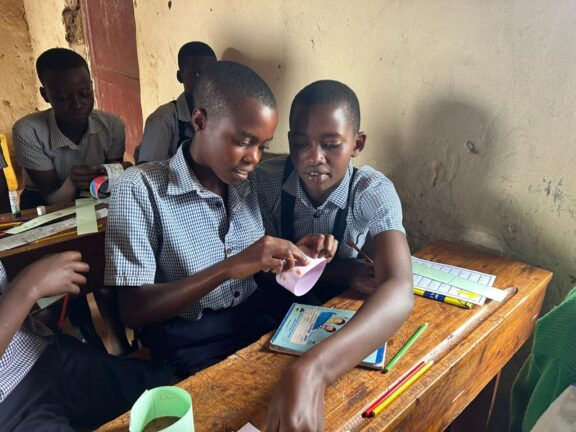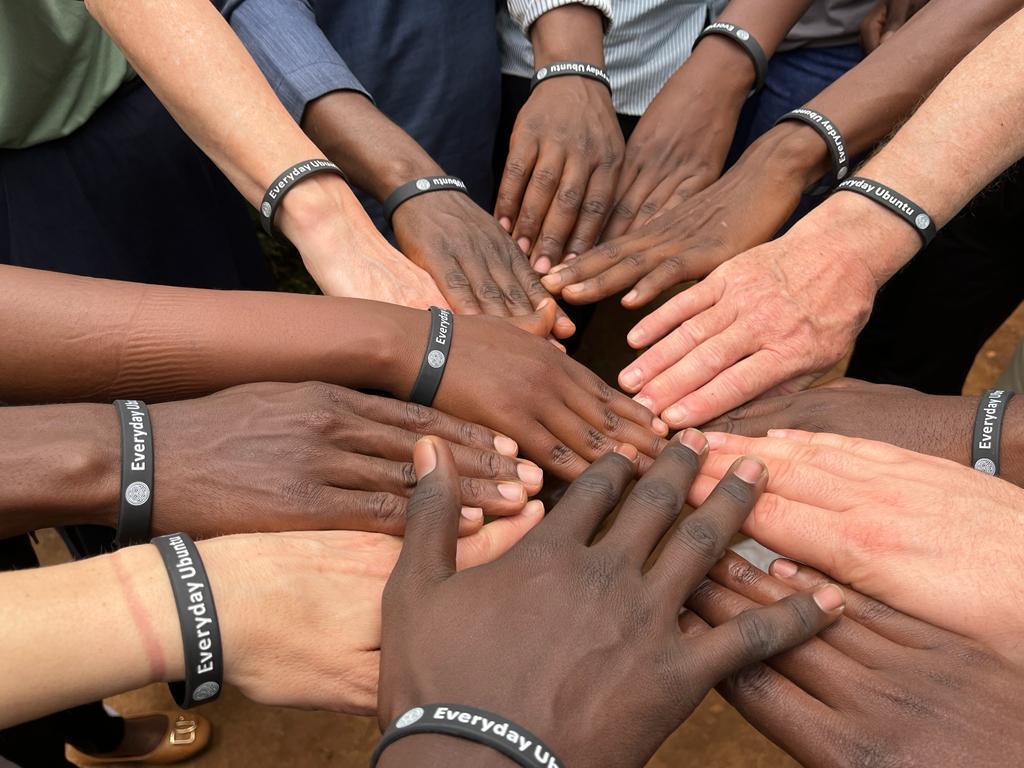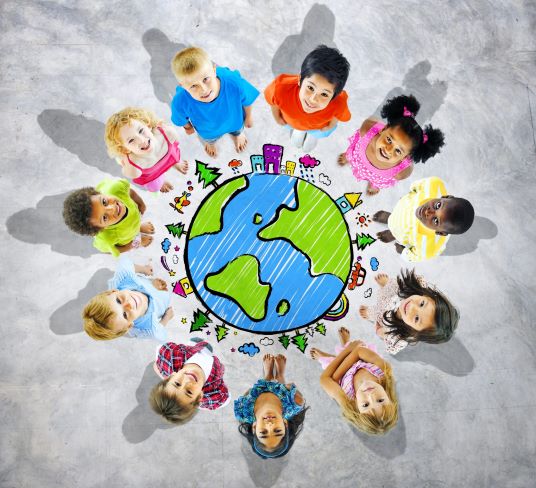Global Citizenship

Global Learning, or Global Citizenship, is education that equips our young people to play their part as active world citizens, whether in their local communities, nationally or internationally. We want to encourage our children to ask questions, to think for themselves and to believe that they can make a difference in the world. The SIAMS framework calls this ‘Courageous Advocacy.’
The Church of England Education Office/Christian Aid publication about Courageous Advocacy can be downloaded here.
Please use the links below to access information about our diocesan companion link in Rwanda and also about the Global Neighbours programme. Below this is useful information about how global citizenship is an important element that supports the SIAMS framework.
Global Citizenship and SIAMS Inspection
The Portsmouth and Winchester Diocesan Education Team encourages schools to adopt the definition below for the teaching and learning of Global Citizenship.
A global citizen is someone who, is aware of the wider world, their place in it, and who takes an active role in their community, working with others to make our planet more equal, fair and sustainable.
It both conveys an approach to education that embodies an ethos of action-taking, challenging injustice and becoming agents of social transformation of ourselves, our relationships and our communities from the local level to the global.
SIAMS requirements for global citizenship in schools
The Siams Inspection Framework (2018) acknowledges the importance of schools promoting global citizenship and social action to serve the Common Good.
Inspectors need to discover:
‘How well the school’s Christian vision inspires the whole school community to engage in social action and to be ‘courageous advocates’ for change in their local, national and global communities?’
‘How effectively has the school explored and engaged in diocesan and other global companion / world church links?’
Schools need to address how they encourage children to take part in social action. Strong church schools will address this on a local, national, and global level. This may include activities at parish level, for example, litter picks or tree planting. On a wider level, schools will also need to address the choice of any charities they support and what the children learn about the exploitation or deprivation that sits behind the need for action; How the children learn about other cultures and faiths: Any companion links the schools has; How the school explores visiting a variety of places of worship or encourages visitors from a variety of faiths to talk to the children.
Importantly, schools must be able to articulate how this learning links to the teachings of Jesus and the school’s vision and values statements. Some of this work dovetails well with the children’s learning about Christianity as a world faith.
Each year the Diocesan Education Team organises a year long project to support schools with social action projects. In recent years these have focussed on: Intergeneration projects; the planting of pollinator plants in communities and our Standing Together project against prejudice and the commemoration of Holocaust Memorial Day.
The Diocesan Education Team has worked closely with Christian Aid in promoting the Global Neighbours project to support learning in global citizenship. St Luke’s Church of England School in the New Forest was the second school in the country to be awarded a Global Neighbours Gold Award. Many of our diocesan schools have already achieved bronze or silver awards and schools are strongly encouraged to explore the scheme. More information is available on the Global Neighbours page on this website.

